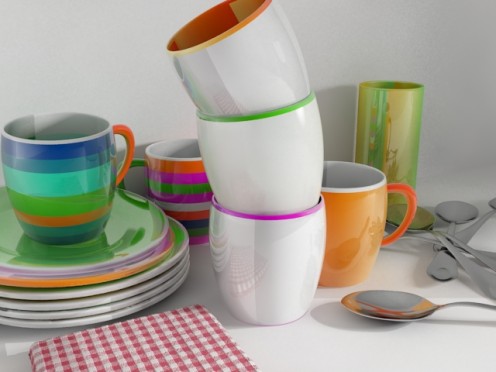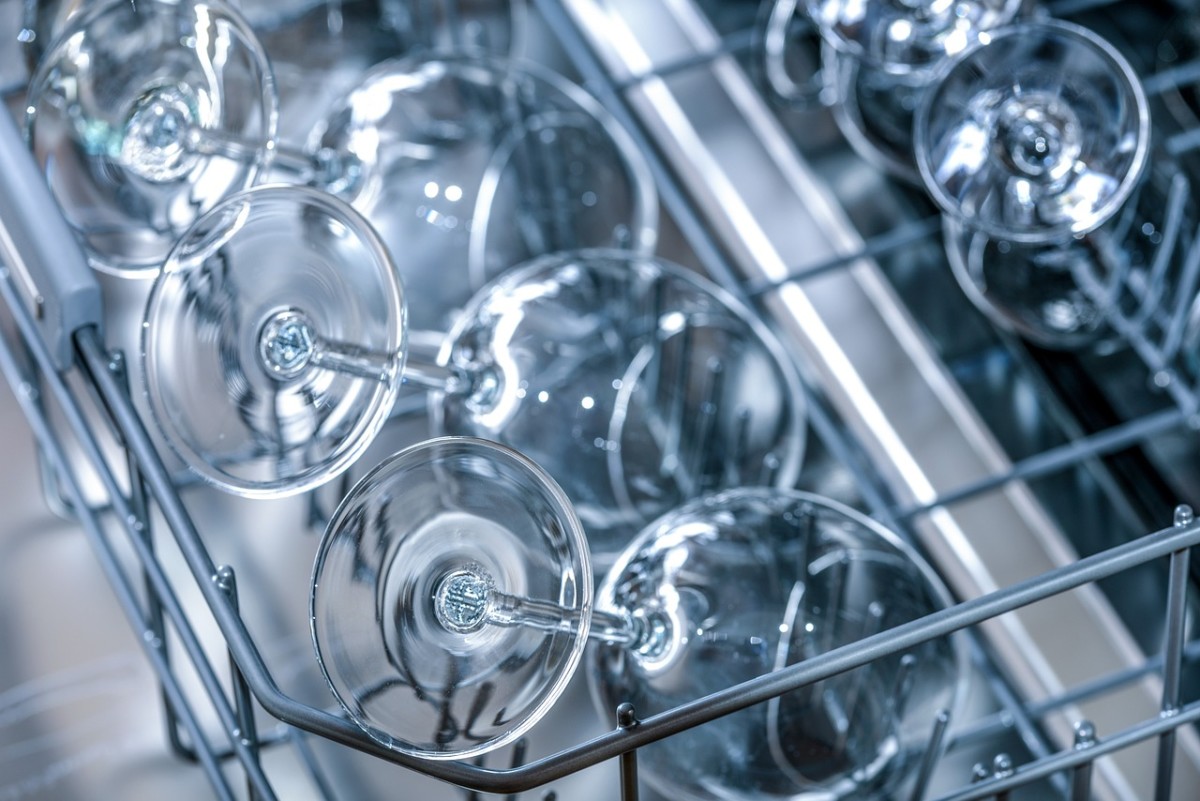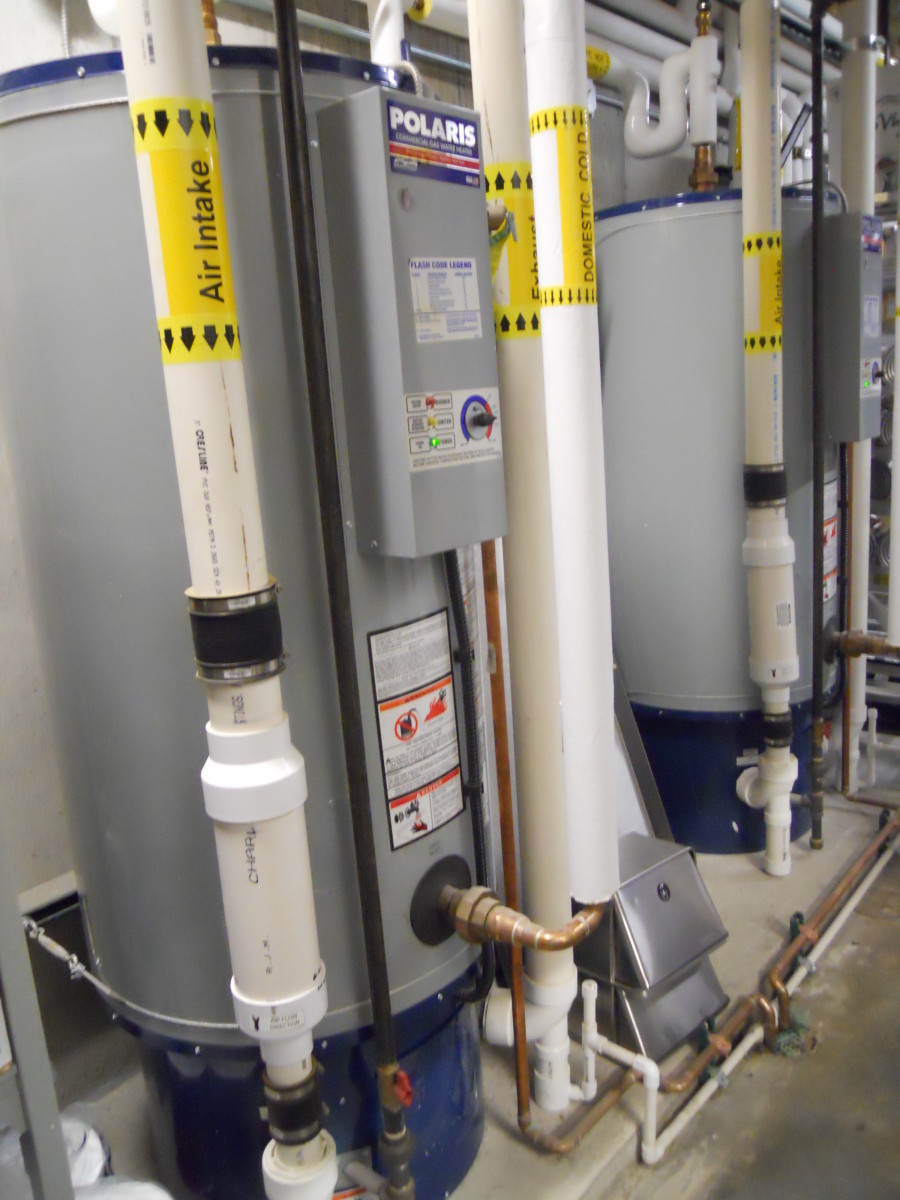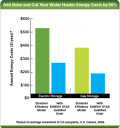How to Maximize Your Savings and Energy when Using a Dishwasher
Saving energy in your home saves not only the energy, but it can save you a lot of money over time. Its wise to consider things we can do to help our environments and if it happens to help save you money too, then why not go for it? I know that I grew up in an area where they taught us to conserve on a lot of levels, and that really stuck with me throughout my life. What I didn't realize was that they didn't teach those things everywhere, and I have to teach my own kids these things because they simply don't know them automatically. I am speaking of turning off lights (tell me I am not the only one please?!), and things like letting water run, etc. The good news is they are learning and we are saving money because of it.
The dishwasher may not be an area people think of, because don't you just turn it on and let it run? Here are some tips that I have learned and want to share. You can change the way you operate your dish washing machine and that can make all the difference. Recent studies have been showing that the newer dishwashers can out perform almost everything, well except for maybe a very frugal hand washers. That is impressive.

Tips and Ideas
1. Turn down the temperature of your water heater. If your dishwasher is newer than 1990, there is a good chance it came with a built in water heating mechanism that will boost the water temperature to between 140 and 145 degrees. This means that if your water heater for the house is set to 120 degrees, it won't matter because the dish washer will take care of the higher temperature very likely. The 140-145 degree temperature is recommended by manufacturers to really clean your dishes for optimum washing. So the point is, that you don't have to have our water heater for your house, set to such a high degree so that your dishes get that same temperature when being cleaned.
2. You will love this one! Gently scrape your plates and DON'T rinse them with water necessarily. By going through the process of rinsing and scraping the dishes every time, you are using a LOT of extra water. Dishwashers now are more efficient than ever (or they are supposed to be, assuming you haven't let the food sit on them to harden) and they can deal with very soiled dishes. Gone are the days when we felt the need (for whatever reason) to rinse our dishes until they were pretty much clean anyway. This allows not only more time for you but saves water and energy. If you absolutely can't get out of the habit of rinsing, then at least use cold water to do so. That is still saving water heater energy.

This video made me laugh, but its still fun and makes the points, too funny!
3. Use any energy saving options on your dishwasher. You are going for the least amount of energy needed to get the job done. Some have a no heat air dry setting which is great. If your dish washer is older, then you can finish the cycle early by waiting until the rinse cycle ends and opening the door to air dry. This has to be tested, as it can leave a lot of spots depending on how hard your water is in your area.
4. Wash dishes only when the washer is fully loaded. The same amount of water is always used. The manufacturers of these machines have recommendations and they should be at least skimmed over to know what is being said. Plus you may help to extend the life of your appliance which is an added money saver as well. You want to load according to what is recommended, and don't under or overload your machine.
5. Don't buy expensive dish washing detergent. Instead to get your dishes their cleanest, wash them soon after eating. Works just as well, but saves you money.
By following these tips you are saving lots of energy and saving money also as a result. These things will become habit in no time.








